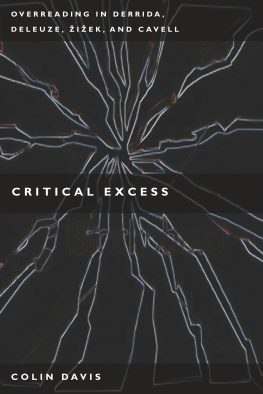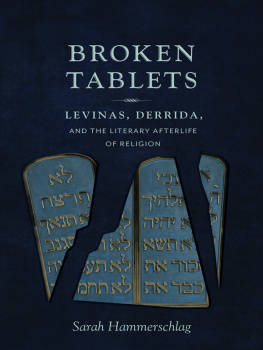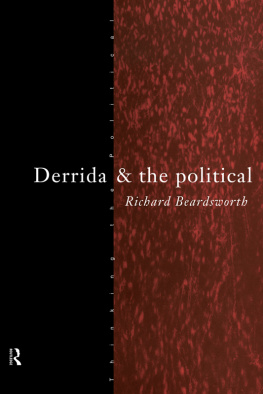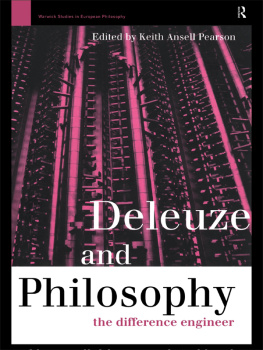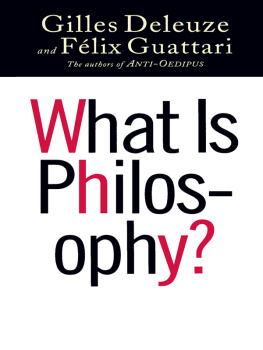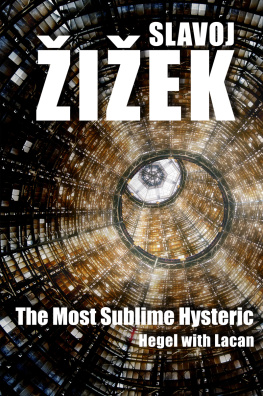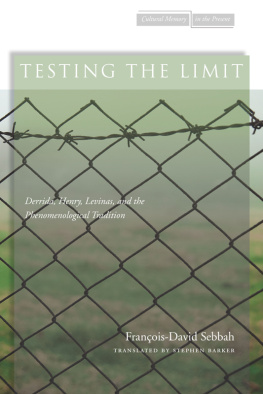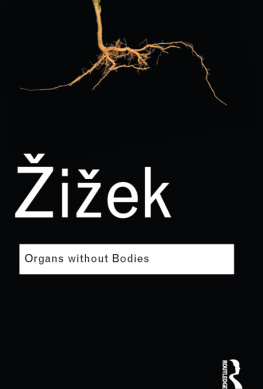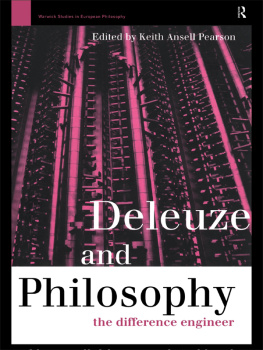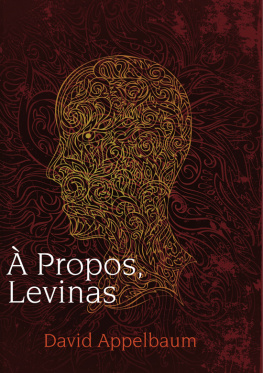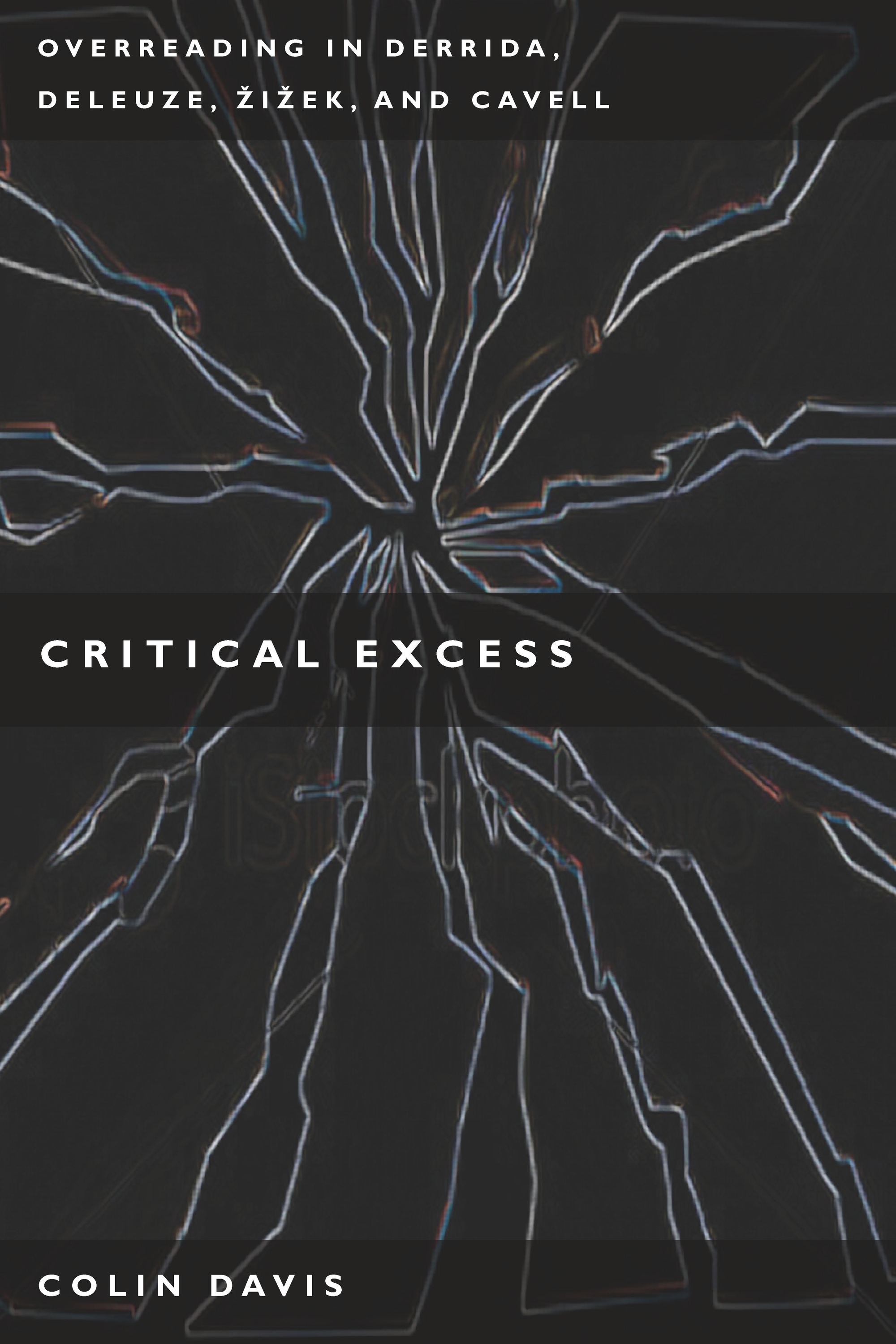References to Platos works follow the system of numbers and letters based on the 1578 edition of Henricus Stephanus. The edition used is given in the Bibliography.
For thorough discussion of this and further references, see Nehamas, Plato on Imitation and Poetry in Republic 10, 4778.
For careful discussion of contradictions between Books 2 and 3 and Book 10 of the Republic , see Annas, Plato on the Triviality of Literature; on the view that Book 10 is not an organic part of the Republic and for further references, see Plato on the Triviality of Literature, 11, and Nehamas, Plato on Imitation and Poetry in Republic 10, 53.
In these comments on Phaedrus , I follow Nussbaum, The Fragility of Goodness , 200233.
Nussbaum characterises the Aristotelian ethics to which she acknowledges allegiance by four principal features: the noncommensurability of valuable things (so that there is no single measure by which to judge different things held to be of value); the priority of the particular; the ethical value of the emotions; and the ethical relevance of uncontrolled happenings (Nussbaum 1990: 3644).
How far Nussbaum actually achieves such an exchange in her literary criticism is a moot point; I discuss some misgivings in Ethical Issues in Twentieth-Century French Fiction: Killing the Other , 57.
In German, Heidegger distinguishes between Dichtung , poetry in the broader sense, i.e., as a fundamental opening onto the world-disclosing nature of language, and poetry in the narrower sense, Poesie , i.e., composing poems as we know them. For the distinction between the broader and narrower sense of poetry, see The Origin of the Work of Art, 72. As we shall see, in the essay Language in the Poem, Heidegger uses the term Dichtung differently.
See also Bowies From Romanticism to Critical Theory, especially 16492, for relevant discussion of Heidegger.
See Megill, Prophets of Extremity , 172; on Heideggers privileged texts, see 17075.
Heidegger specifies that the essence of poetry is not something that would be present in every example of poetry; see Elucidations , 52. This insistence that what is essential to a medium is not to be found in most instances of it is repeated by Deleuze, who claims that the essence of cinema is thought, even if thought is not present in most films (Deleuze 1985: 219).
This is argued in detail in Young, Heideggers Philosophy of Art .
This part of the preface reproduces a passage first used to introduce the lecture on Hlderlins Homecoming, which is included in the volume; see Elucidations , 22223. The quoted variant on Hlderlins sketch for the poem Columbus is not included in the cited edition.
This is discussed in Chapter 6.
For the designation of Derrida as a Heideggerian, see for example Rockmore, Heidegger and French Philosophy , 13947, and Ferry and Renaut, La Pense 68 , chapter entitled LHeideggerianisme franais (Derrida), 197236. Rockmore concludes that despite Derridas questioning of Heidegger, he remains mainly, perhaps even wholly within the Heideggerian fold. For if he occasionally rejects the letter of Heideggers position, he invariably accepts his spirit as he understands it (Rockmore 1995: 147). This conclusion seems to me to be wrong, but at least worth engaging with: what exactly is the Heideggerian fold, what would it mean to be wholly within it, does the distinction between the letter and the spirit of Heideggers position hold up to scrutiny? Much cruder, and not even worth treating with any intellectual seriousness, is Ferry and Renauts assertion that French Heideggerianism can be specified by the formula: Derrida = Heidegger + Derridas style (Ferry and Renaut 1988: 201; emphasis in original). From a position more sympathetic to Derrida, Critchley describes him as the best and most original philosophical reader of Heidegger, adding that Heidegger informs just about everything Derrida writes (Critchley 2008: 2).

